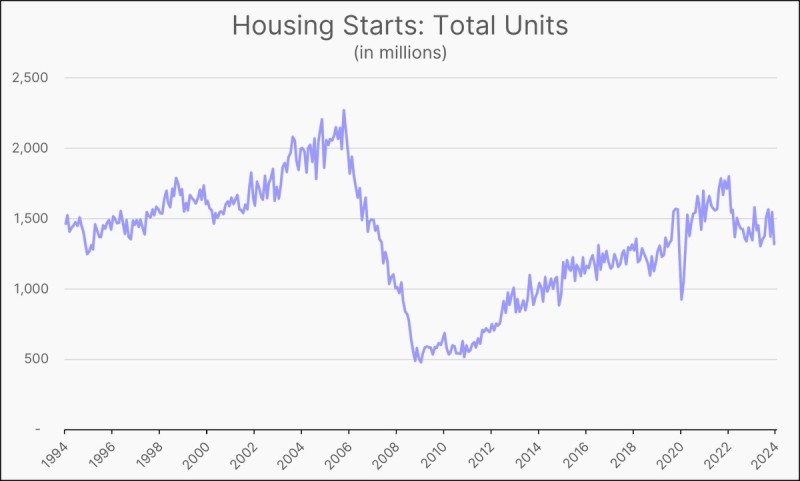Advertisement
Consumers Continue to Pay Down Their Total Debt

Consumers continued to see their total debt decrease in most major U.S. metropolitan areas in the first quarter of 2013, though the sharp declines some markets saw in 2012 have leveled off, according to new National Consumer Credit Trends Report data from Equifax. Overall consumer debt fell from $11.02 trillion in the first quarter of 2012 to $10.92 trillion in the first quarter of 2013. The decline in total consumer debt reflects mortgage debt write-offs as well as consumer efforts to pay down mortgage obligations; however, other forms of consumer debt are increasing. Over the past year, total mortgage and home equity debt obligations fell 3.1 percent to $8.4 trillion and total non-mortgage debt owed by consumers rose 7.1 prcent to $2.5 trillion.
Consumers in Las Vegas, Miami and Phoenix areas saw the biggest declines over the past year in total debt outstanding at 5.9 percent, 5.5 percent and 4.3 percent respectively. The housing bust hit these markets early and harshly, resulting in record numbers of foreclosures. In a completed foreclosure, the borrower cedes the property used as collateral on the loan to the lender and the debt is extinguished.
Consumers in four markets increased their consumer debt from the first quarter of 2012 to the first quarter of 2013. In Dallas, Houston, St. Louis and Pittsburgh, consumers saw their total debt levels inch up. Houston was the only metro area among these four in which total mortgage debt also rose over the period. All four of these metro areas have diversified economies enjoying strong growth and relatively low unemployment supporting consumer willingness to take on additional debt.
"It is encouraging to see credit demand and supply continuing to come into balance," said Trey Loughran, president of Equifax Personal Solutions. "Lack of access to credit impedes growth, and access to credit keeps the wheels of the economy moving."
At the same time, consumers in many cities showed modest decreases in consumer debt, suggesting a more disciplined approach to credit. "We are seeing changes in consumer behavior," Loughran said. "People are paying down their debt faster and taking their access to credit more seriously. Many consumers got into trouble with credit before the recession, spent too much and are now approaching spending with greater caution."
About the author





